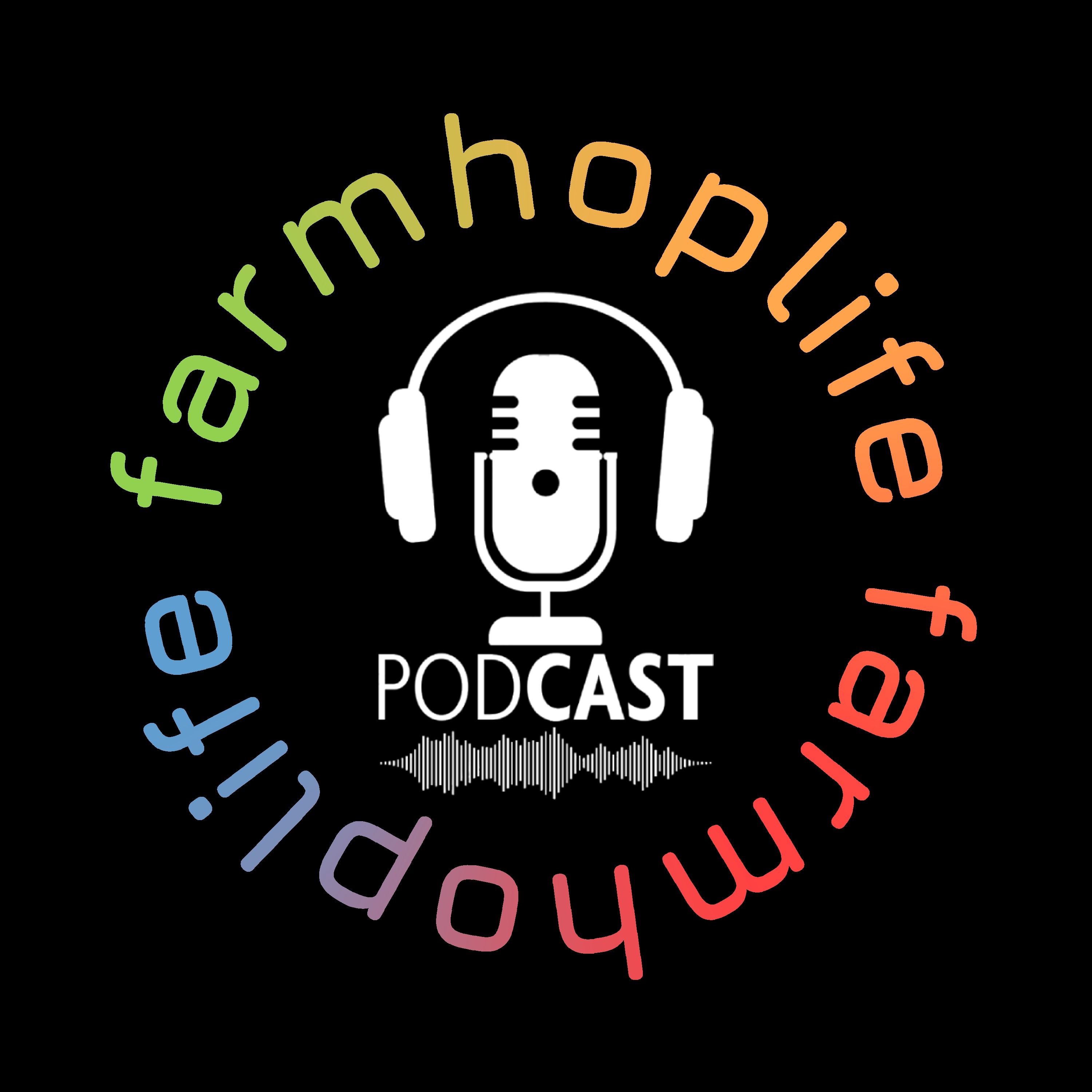[163] Masanobu Fukuoka - Famous Farmer
5m | Feb 29, 2024you're trying to do too much again
time to learn about Masanobu Fukuoka, Japanese farmer who pioneered the "do nothing" method by listening, trusting, and working with nature
Lets go
Fukuoka was born on Feb 2nd, 1913. His father was an educated man, completed an exceptional eight years of schooling, and the local leaders repeatedly selected him mayor. His mother was of Samurai descent and also well-educated. The land had been in the family for over 1400 years
a troublesome student, he angered the teachers, and one day his music teacher broke the village organ in frustration
His father sent him to Gifu Agricultural College for higher education to prepare for inheriting the family farm
In 1934, Fukuoka secured a role in Yokohama Customs Office's Plant Inspection Section. Working in a hilltop laboratory, he delved into studying diseases, fungi, and pests on imported plants
"in amazement at the world of nature revealed through the eyepiece of the microscope"
His third year at Yokohama, Fukuoka battled acute pneumonia, enduring harsh treatments like exposure to wintry air. Isolated, friends shunned him due to contagion fears. Even nurses fled after temperature checks, leaving him sick, lonely, and fearing for his life at 25
After recovering, Fukuoka, haunted by his brush with death, obsessively pondered life's meaning. During a solitary walk, he reached a cliff's edge, contemplating the impact of his death. Realizing his lack of true friends, he collapsed in a deep sleep under an elm tree
Waking to a heron's cry at dawn, he watched the sunrise through mist, birds singing, realizing
"all the concepts to which he had been clinging were empty fabrications. All his agonies disappeared like dreams and illusions, a something one might call 'true nature' stood revealed"
Fukuoka quit his job the next day. For months he lived on severance pay proclaiming "everything is meaningless."
Dismissed as eccentric, he returned home, retreated to a mountain hut, and entrusted with his father's citrus grove. Testing his revelation, he began doing nothing.
He let meticulously pruned fruit trees go wild. Insects attacked, branches interlocked, and the orchard withered. His father's grove taught Fukuoka a crucial lesson: abrupt changes harm cultivated trees, realizing the importance of gradual adaptation to natural farming
His odd behavior concerned his parents and as the mayor's son, "hiding" wasn't acceptable
In 1939, he was offered the chief role at an Agricultural Experiment Station, he accepted at his father's wishes. He moved to Kochi and was expected to increase wartime food production
Independently, Fukuoka conducted studies comparing yields from chemically enhanced crops with those grown naturally. He scientifically established natural farming's superiority over chemical aids, building upon his earlier revelation that "doing nothing was best"
"I just emptied my mind and tried to absorb what I could from nature"
Instead of asking "how about doing this?"
ask "how about not doing this?"
Over the years, as a more natural ecology was re-established, the less he did, the better the land responded
Fukuoka observed, "The earth cultivates itself" Recognizing roots, worms, and micro-organisms thrive, he saw no need for human intervention. Plowing alters the environment and encourages weed growth.
His first principle: No plowing or soil turning
Chemical fertilizers aid crops but harm soil. Nature itself can do better than compost and chicken poop (which can cause rice blast disease). Instead, use cover crops like clover as a natural fertilizer.
Fukuoka's second principle: No chemical fertilizers or prepared compost
Plowing stirs deep-lying weed seeds and chemical herbicides leaves poison. Weeds don't need to be eliminated, just suppressed with straw and ground cover, plus timely seeding to eliminate intervals between crops is crucial
His 3rd principle: No weeding by tillage or herbicides
Pests and diseases attack the weakest plants, allowing the strong to survive. Chemical solutions, though effective in the short term, are hazardous in the long run, leave weak and chemical-dependent plants
Fukuoka's 4th principle: No dependence on chemical pesticides
O-bon festival is when ancestors return to earth for 3 days to visit the living. On the 3rd night the ancestors go back with a sendoff of songs and fireworks
Masanobu Fukuoka, author of The One-Straw Revolution, passed away on Aug 16, 2008, on that 3rd day of O-bon
He was 95
Thank you very much for listening.
Links in the show notes for the articles and videos referenced here. Image credit: farmerandchef.co.uk
If there’s another farmer you’d like me to cover, send me a message! @farmhoplife on all the social medias or matt@farmhoplife.com
Go feed yourself.
